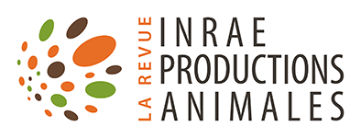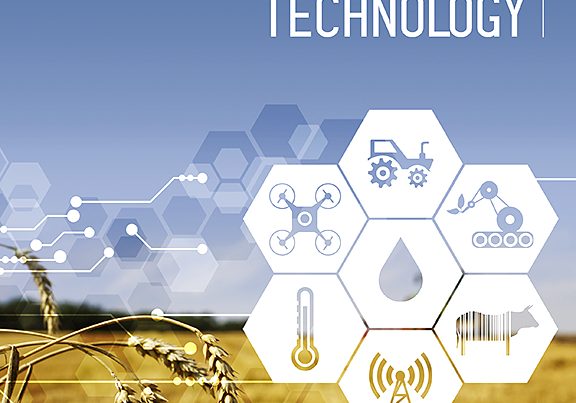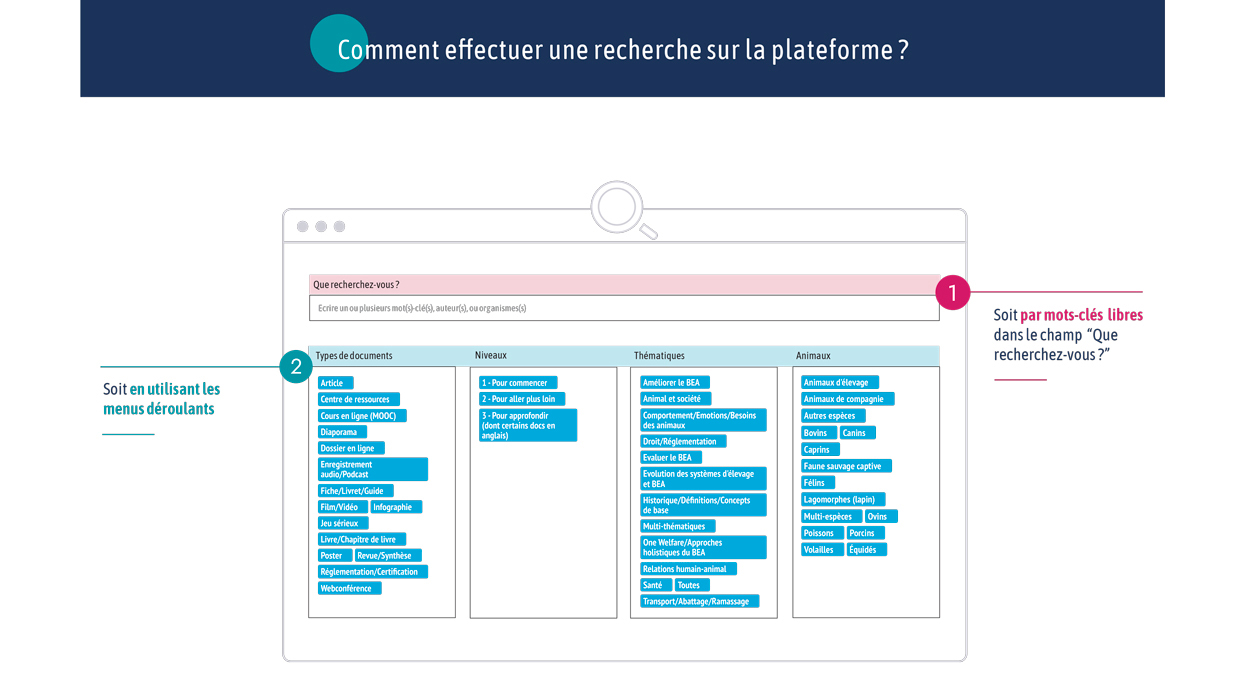Type de document : revue scientifique publiée dans INRAE Productions Animales
Auteurs : Rachel Degrande, Vitor Hugo Bessa Ferreira, Vanessa Guesdon, Ludovic Calandreau
Résumé en français (original) : Les capacités cognitives rassemblent l’ensemble des processus mentaux comme l’attention, la mémorisation, l’apprentissage ou encore les capacités de raisonnement. Ces capacités cognitives permettent à un animal de comprendre et s’adapter à son environnement et sont à la base de très nombreux comportements. Dans cette revue, nous proposons dans une première partie un état des lieux des connaissances actuelles sur les capacités cognitives des volailles, en nous concentrant sur la poule pondeuse et le poulet de chair qui sont les plus étudiés en cognition. Nous montrons brièvement que ces oiseaux possèdent des sens diversifiés et développés, qu’ils interagissent avec leurs congénères et qu’ils sont capables d’apprentissages, entre autres. Même s’il reste encore des recherches à mener, ces oiseaux possèdent un répertoire de capacités cognitives bien plus étendu que ce qui est souvent imaginé. Dans une seconde partie, nous illustrons en quoi ces connaissances apportent une vision nouvelle de notre compréhension de comportements observés en élevage, comme l’exploration du parcours chez le poulet élevé en plein air, ou le picage chez les poules pondeuses. La thématique d’étude de la cognition animale, qui se développe de façon croissante au niveau international, contribue à mieux comprendre la biologie de ces animaux. Sur le long terme, les recherches en cognition permettront de proposer des pistes originales pour guider les pratiques d’élevage et favoriser le bien-être des animaux d’élevage.
Résumé en anglais (traduction) : How poultry perceive and interpret their environment: scientific research and examples of applications
Cognitive abilities encompass all mental processes such as attention, memory, learning and reasoning. These cognitive abilities enable an animal to understand and adapt to its environment, and are the basis of a large number of behaviours. In the first part of this review, we present an overview of current knowledge on the cognitive abilities of poultry, focusing on the laying hen and the broiler, which are the most studied in terms of cognition. We briefly show that these birds have diverse and well-developed senses, that they interact with other birds and that they are capable of learning, among other things. Although more research remains to be done, these birds have a much wider repertoire of cognitive abilities than is often imagined. In the second part, we illustrate how this knowledge provides a new vision of our understanding of behaviours observed on farms, such as the exploration of the run in free-range chickens, or pecking in laying hens. The study of animal cognition, which is becoming increasingly important at international level, is contributing to a better understanding of the biology of these animals. In the long term, research into cognition will offer original ways of guiding farming practices and promoting the well-being of farm animals.





